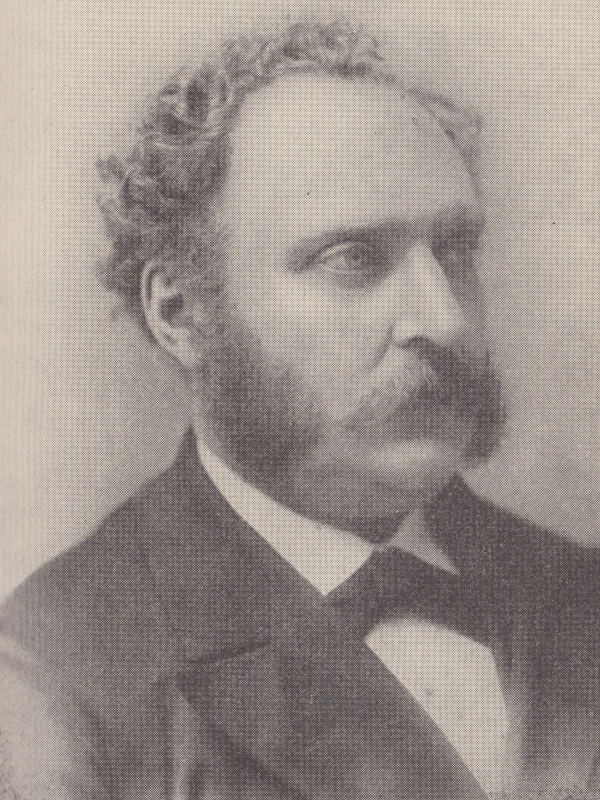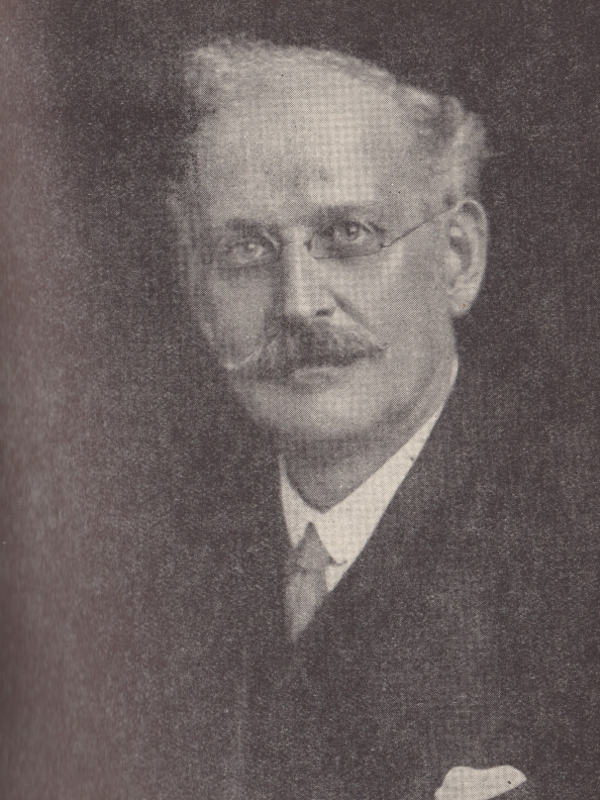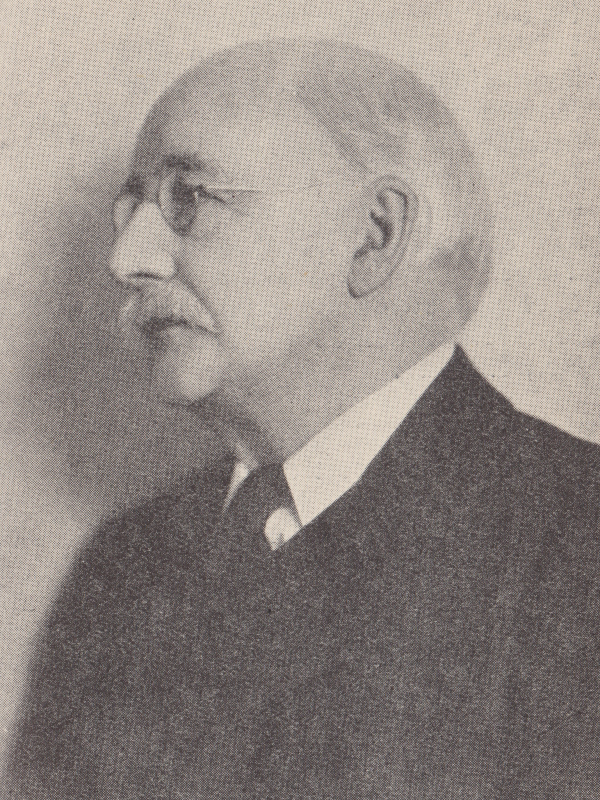
THE RPA has a long history, though not as long as the other national organisations in the British Freethought movement. The special function of the RPA has always been mainly as a publishing organisation within the wider movement. In this country there is a venerable tradition of critical writing about religion, going back to the heretical doctrines of the British and Irish theologians Pelagius and Caelestius in AD 400. During the Middle Ages many thinkers from the British Isles expressed variously unorthodox ideas — including Roger Bacon, Duns Scotus, William of Ockham, and John Wyclif. Few British thinkers played more than a minor part in the Reformation during the 16th and early 17th centuries, but several played a major part in the development of scepticism during the late 17th and 18th centuries and also in the development of Deism and Pantheism. At the end of the 18th century Thomas Paine’s Deist classic The Age of Reason was as famous (or infamous) as his Republican classics Common Sense and Rights of Man.
A formal Freethought movement emerged in this country two centuries ago, during the struggle over the publication of so-called blasphemous writings at the time of the French Revolution. Individuals who produced editions of Paine and similar writers were persecuted by the authorities or by vigilantists, but were supported by other individuals and then by groups, who formed organisations, which grew into a movement. This is the background to the eventual emergence of the RPA.

